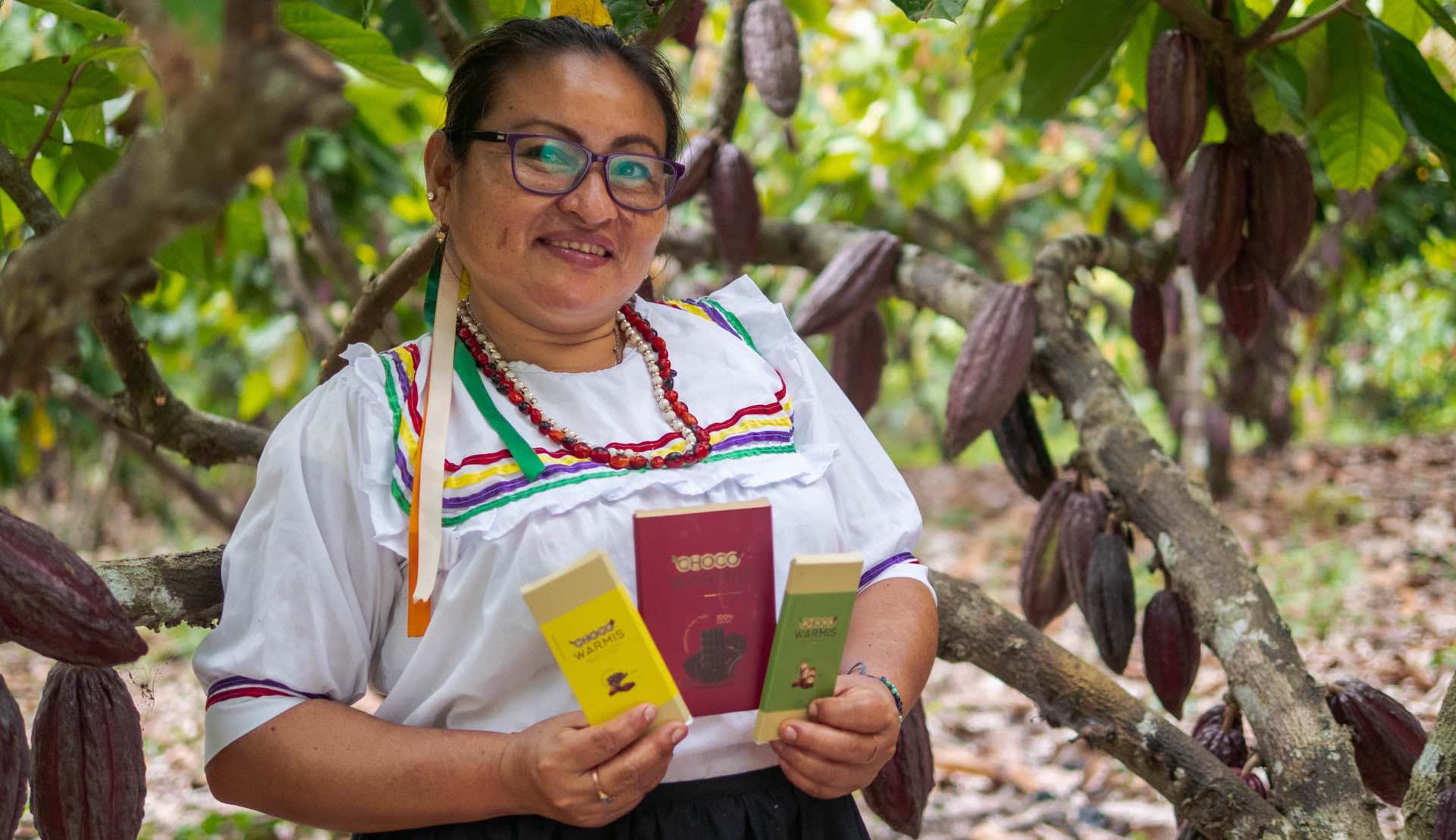ImpactAlpha, January 26 — In Peru, Shanantina works with Indigenous communities to cultivate sacha inchi, a nut native to the Amazon. Cedros Cafe, a cooperative, buys coffee beans, at a markup, from smallholder farmers. Colombia’s Cattleya, a producer of roses and other flowers, employs 350 mainly rural workers.
All are borrowers from NESsT’s Lirio Fund, which offers loans “that are more patient, have more reasonable rates, and don’t require excessive guarantees or guarantees they simply don’t have,” Chad Sachs, who manages the Lirio fund, told ImpactAlpha.
The impact revolving loan fund this week secured a $500,000 program-related investment from Sorenson Impact Foundation (disclosure: Sorenson Impact Foundation also is an investor in ImpactAlpha).
Globally, some 10 million social enterprises, half of which are led by women, generate around $2 trillion in revenues each year while employing 200 million people. There’s an unmet demand for more than $1.1 trillion in external financing for the sector.
Many are too big for microfinance institutions but too small and risky for commercial banks, stuck in the “missing middle” that has long bedeviled small-business finance. The NESsT Lirio Fund offers loans averaging around $300,000, with flexible rates and repayable over two to five years. Lirio also offers borrowers technical assistance, including financial and impact management and customer strategies.
With roughly $7.3 million in commitments, NESsT Lirio Fund has made 18 loans to 14 enterprises and says it has created better livelihoods for close to 6,000 people. Nearly half of the fund’s borrowers are women. The majority of borrowers are smallholder farmers operating in rural areas in Peru and Colombia, producing organic, fair trade products such as dehydrated fruits, brazil nuts, coffee and cocoa.
The fund is targeting up to $20 million and aims to serve 80 Latin American enterprises and create good jobs for up to 30,000 people. Sorenson’s investment “enables us to offer more attractive capital to social enterprises to help them grow faster and more sustainably,” Sachs says.











